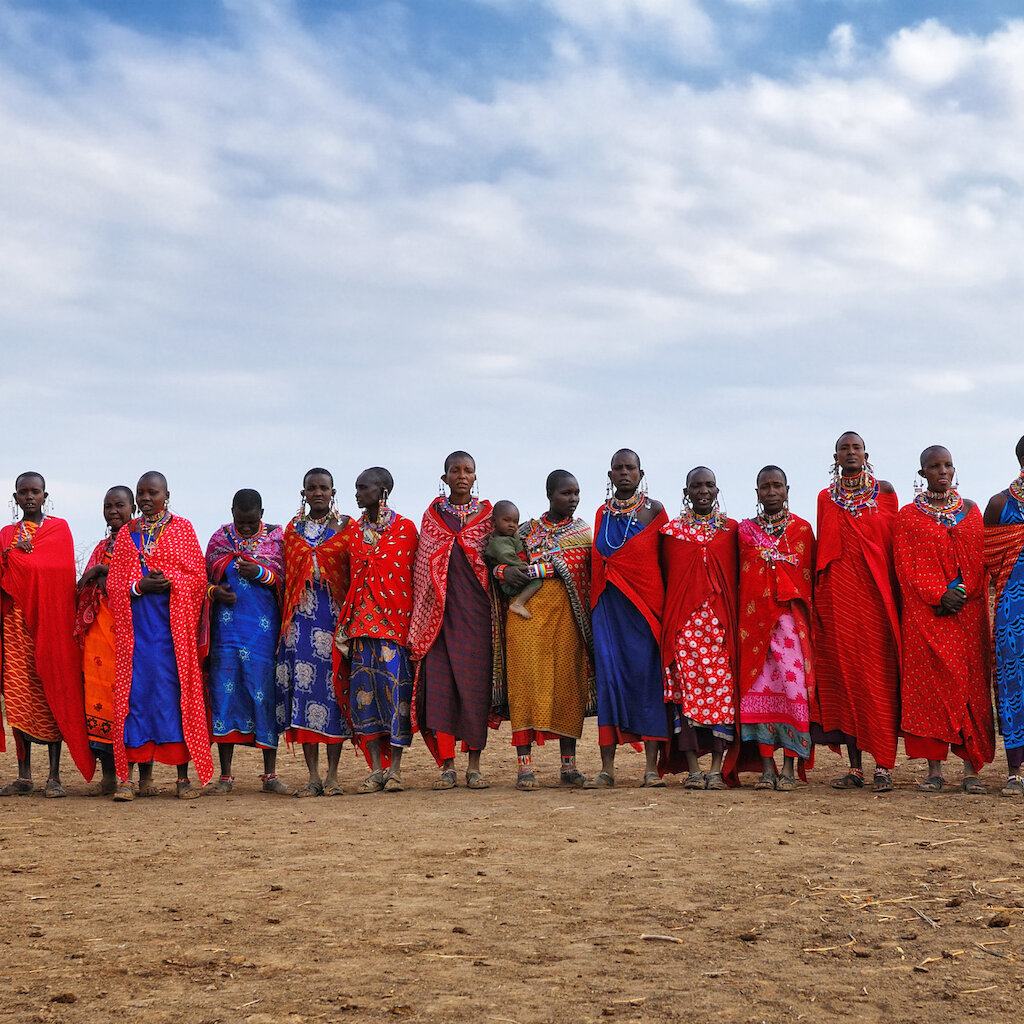In turn, oil and gas projects can have a range of impacts on the human rights enjoyment of individuals, groups and communities. Therefore, Ipieca brings our global membership together to facilitate peer-learning, provide guidance on the implementation of business and human rights frameworks, and facilitate the development, sharing and promotion of good practices for the industry.
The oil and gas industry operates in some of the most challenging locations in the world, and can face complex human rights-related issues.
Ipieca’s publications are based on the realities of the industry’s operating contexts and provide practical guidance for companies to design and implement their human rights activities. Ipieca’s work aims to facilitate shared learning and continuous improvement among members, and the wider industry, covering due diligence, impact assessments, grievance mechanisms, business relationships, security, labour rights in the supply chain and engagement with Indigenous Peoples.
Ipieca members are involved in a range of voluntary initiatives that seek to strengthen the capacity of companies to respect human rights in practice and to promote sound governance of natural resource revenues, including the Voluntary Principles for Security and Human Rights, the Extractive Industries Transparency Initiative, and the UN Global Compact.
Members also support the framework provided by the United Nations Guiding Principles on Business and Human Rights, which provide a common language for human rights and a set of high-level principles for managing human rights issues and risks. Ipieca’s work on business and human rights builds on the collective experience and practical know-how of the Ipieca membership, enabling members to engage proactively in the human rights debate, and demonstrate strong and continued industry support for the UN Guiding Principles.







